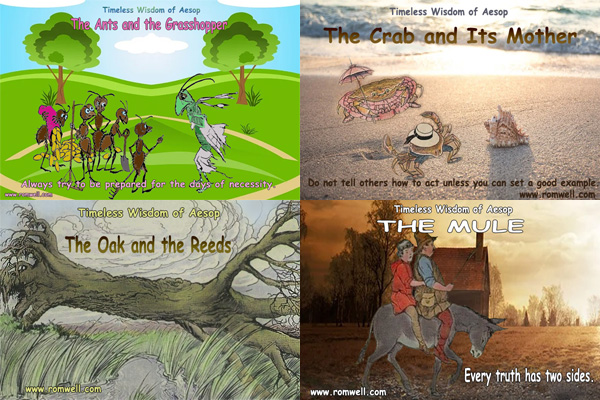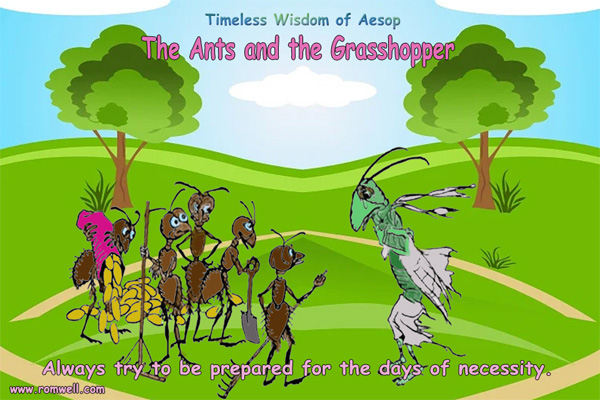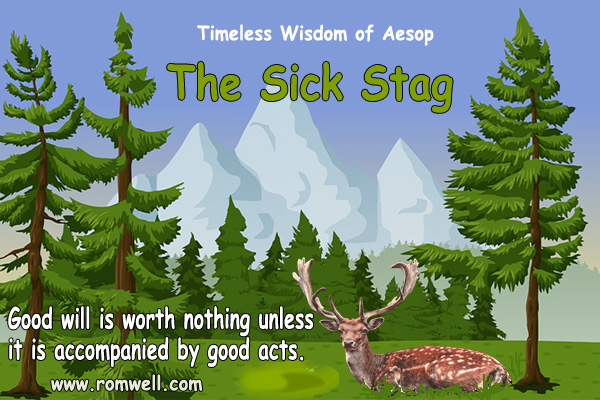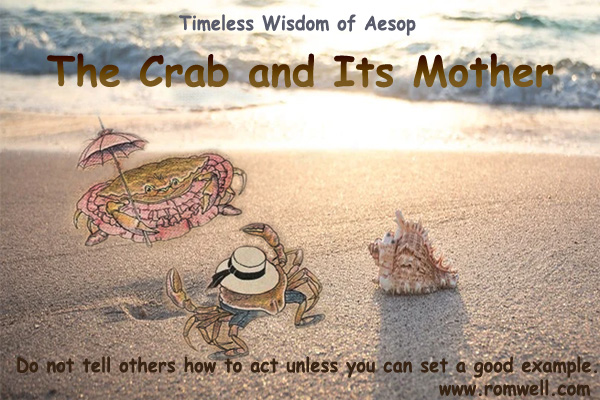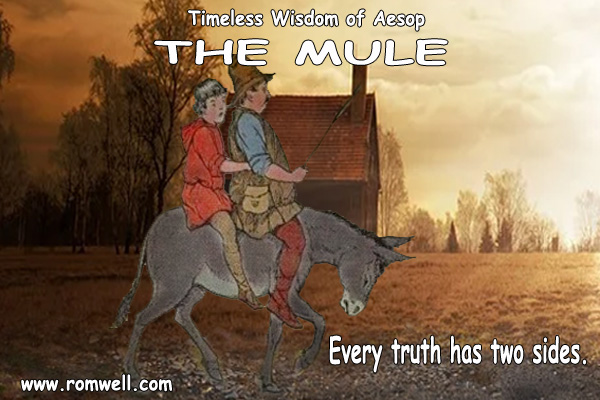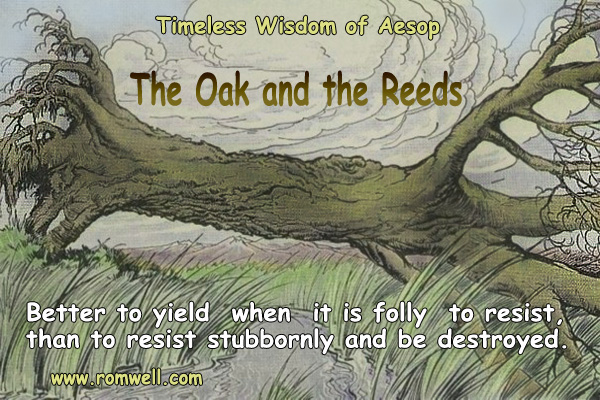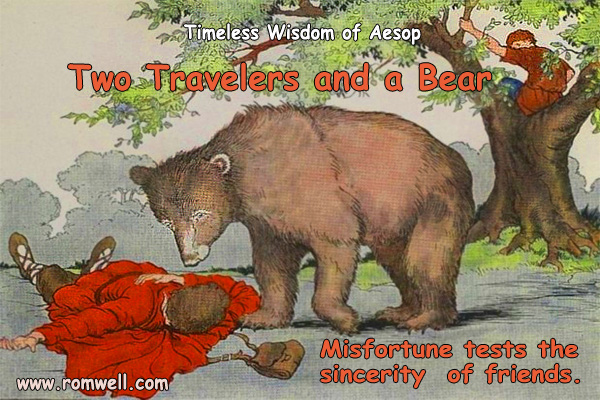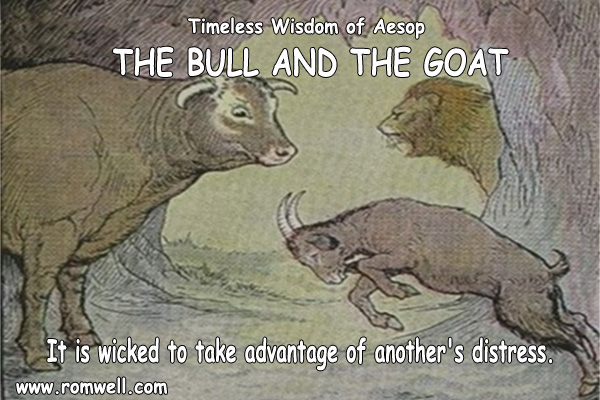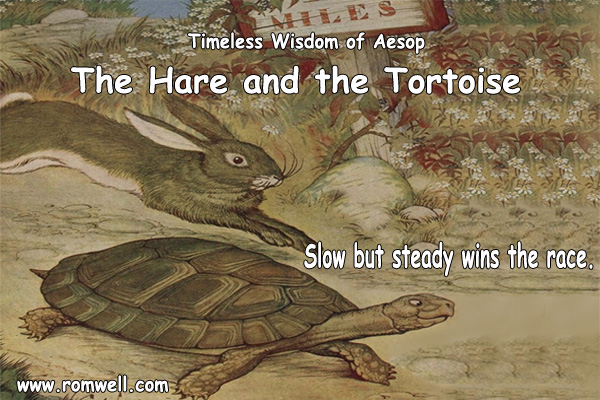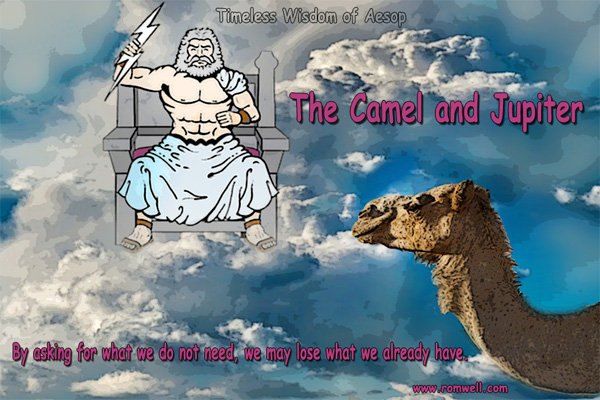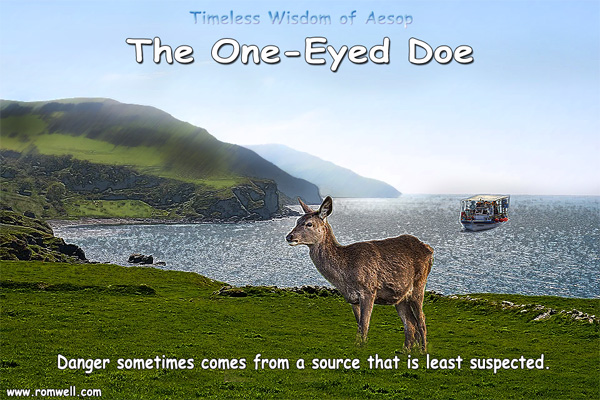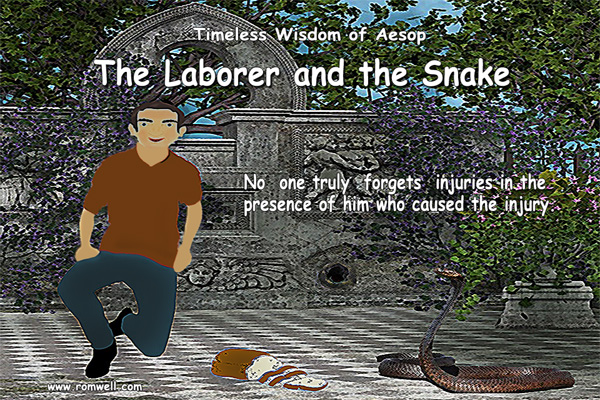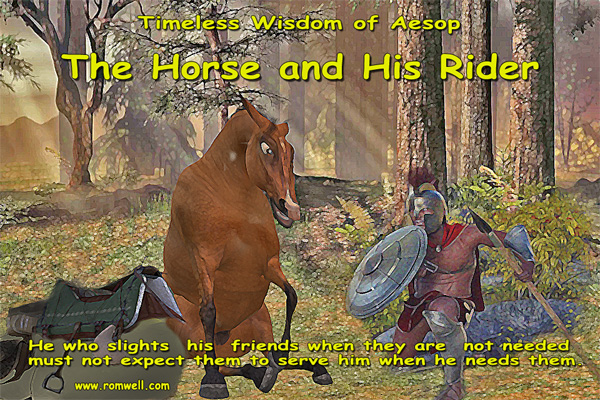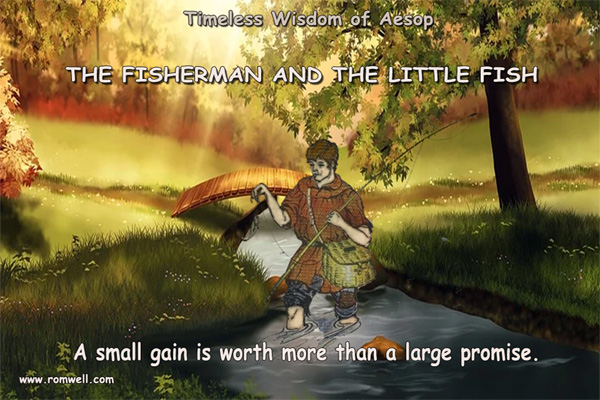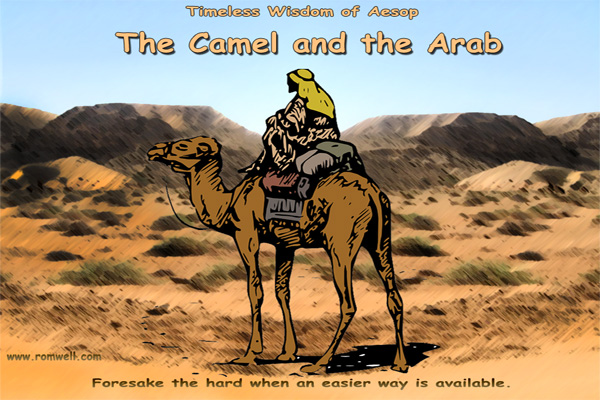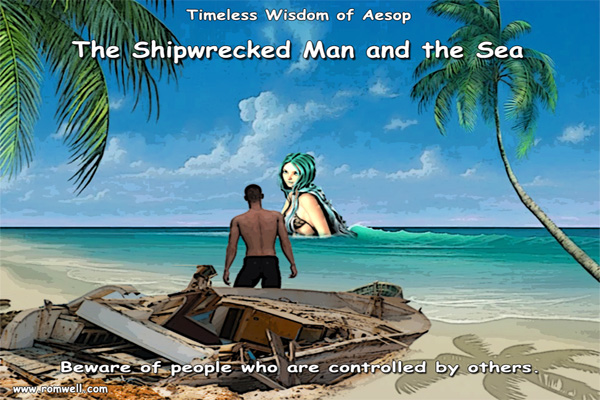Books
Aesop
Aesop Fables
AESOP, THE FATHER OF THE FABLE
The life of a Greek fabulist and storyteller Aesop, like that of Homer, the most famous of Greek poets, is involved in much obscurity. Sardis, the capital of Lydia; Samos, a Greek island; Mesembria, an ancient colony in Thrace; and Cotiaeum, the chief city of a province of Phrygia, contend for the distinction of being his birthplace. Although the honor thus claimed cannot be definitely assigned to any one of these places, yet there are a few incidents now generally accepted by scholars as established facts relating to the birth, life, and death of Aesop. He is, by an almost universal consent, allowed to have been born about the year 620 B.C. and to have been by birth a slave. He was owned by two masters in succession, Xanthus and Jadmon, both inhabitants of Samos, the latter of whom gave him his liberty as a reward for his learning and wit.
One of the privileges of a freedman in the ancient republics of Greece was the permission to take an active interest in public affairs; and Aesop, like the philosophers Phaedo, Menippus, and Epictetus in later times, raised himself from the indignity of a servile condition to a position of high renown. In his desire alike to instruct and to be instructed, he traveled through many countries, and among others came to Sardis, the capital of the famous king of Lydia, the great patron, in that day, of learning and of learned men. At the court of Croesus he met with Solon, Thales, and other sages, and is related so to have pleased his royal master by the part he took in the conversations held with these philosophers that Croesus applied to him an expression which has since passed into a proverb “The Phrygian has spoken better than all.”
On the invitation of Croesus he fixed his residence at Sardis, and was employed by that monarch in various difficult and delicate affairs of state. In his discharge of these commissions he visited the different petty republics of Greece. At one time he is found in Corinth, and at another in Athens, endeavoring, by the narration of some of his wise fables, to reconcile the inhabitants of those cities to the administration of their rulers. One of these missions, undertaken at the command of Crœsus, was the occasion of his death. Having been sent to Delphi with a large sum of gold for distribution among the citizens, he was so indignant at their covetousness that he refused to divide the money and sent it back to his master. The Delphians, enraged at this treatment, accused him of impiety and, in spite of his sacred character as ambassador, executed him as a public criminal. But the great fabulist did not lack posthumous honors, for a statue was erected to his memory at Athens, the work of Lysippus, one of the most famous of Greek sculptors. These few facts are all that can be relied on with any degree of certainty in reference to the birth, life, and death of Aesop.
Although Aesop's existence remains unclear and no writings by him survive, numerous tales credited to him were gathered across the centuries and in many languages and are now collectively known as Aesop's Fables. Most fables were originally aimed at adults and many of the tales are characterized by animals and inanimate objects that speak, solve problems, and generally have human characteristics in a popular storytelling tradition that continues to this day.
Browse Aesop's Fables...
The Ants and Grasshopper
Always try to be prepared for the days of necessity.
The Sick Stag
Good will is worth nothing unless it is accompanied...
The Crab and Its Mother
Do not tell others how to act unless you can set a good...
The Mule
Every truth has two sides.
The Oak and the Reeds
Better to yield when it is folly to resist, than to...
Two Travelers and a Bear
Misfortune tests the sincerity of friends.
The Bull and the Goat
It is wicked to take advantage of another's distress.
The Hare and the Tortoise
Slow but steady wins the race.
The Camel and Jupiter
By asking for what we do not need, we may lose what we...
The One-Eyed Doe
Danger sometimes comes from a source that is least...
The Laborer and the Snake
No one truly forgets injuries in the presence of him who...
The Horse and His Rider
He who slights his friends when they are not needed...
The Fisherman and Little Fish
A small gain is worth more than a large promise.
The Camel and the Arab
Foresake the hard when an easier way is available.
The Shipwrecked Man & Sea
Beware of people who are controlled by others.
The Apes and Travelers
Flatter is more rewarding than truth.
Related Links:
 Collection of Classic Fairy Tales Every Child Should Know
Collection of Classic Fairy Tales Every Child Should Know

